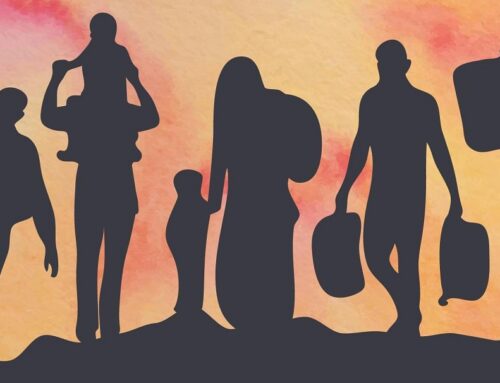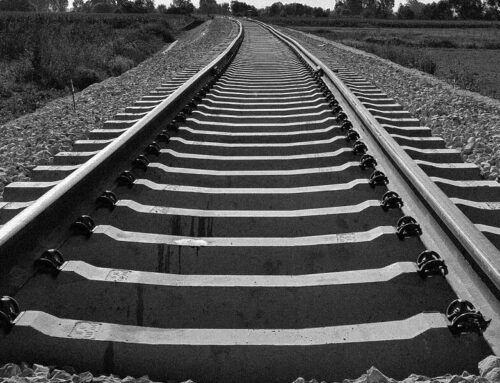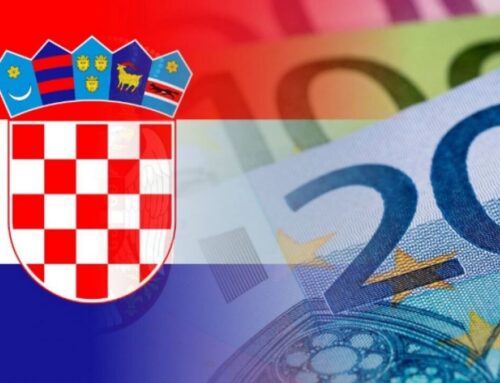Who is the victim and who is the aggressor?
The 29th November 2017 marked the final and largest appeal of the International Criminal Tribunal for the former Yugoslavia (ICTY). The verdict on the six Bosnian Croats military and political leaders, found guilty of having committed crimes against humanity and war crimes against the Bosniaks, and following the suicide of the convicted General Praljak, have been covering the news worldwide. And, once again, tensions in the Balkan region continued to thrive.
To be sure, Croatian and Serbian media have been engaged in a squabble over the Croatian as well as Serbian role during the war in Bosnia and Herzegovina. Each side has a different interpretation of the past, and, while claiming themselves innocent, they blame one another. Hence why the conflicting interpretation of history of the Yugoslav war of secession is still animated among the former Yugoslav regions, inciting resentment over contemporary issues.
In the following, it will be outlined and compared what Croatia and Serbia have reported respectively on the matter, mainly relying on the local TV news of the two regions.
The Croatian government rejected the verdict, finding it irrespective of the real historical truth, immoral and unjust. Actually, the suicide of the General Slobodan Praljak was an answer to this erroneous judgement of the Hague. For this reason, Zagreb wants the finding to be overturned.
The Croatian president Grabar-Kitarović held a press conference after the International Tribunal’s verdict, addressing the Croatian public. The president has firmly denied the verdict, confirming that “Croatia was not an aggressor, actually it did most for the survival of whole Bosnia and Herzegovina as a state, and the Croatian people first resisted the Greater Serbian aggression, defending its survival and the survival of Bosnia and Herzegovina as its state. Croatia and Bosnia and Herzegovina were attacked by Milosevic’s Serbia and the JNA and those are notorious facts. Croatia did not attack anyone, […] actually Croatia has helped Bosnia and Herzegovina to liberate and defend themselves from the Greater Serbian aggression.”
Essentially, in the words of the Croatian president “the Hague tribunal has failed to fulfill its role of providing justice for the victims of the crime. The Tribunal obviously mislead its task, setting itself as a political arbitrator, not a judicial body, trying to establish an artificial balance of guilt. All the horrors of war that hit Croatia and Bosnia and Herzegovina were committed by the criminal regime of Slobodan Milosevic. The Hague tribunal did not fulfill its fundamental purpose because that historical fact was not recognized or was deliberately neglected.”
The Croatian politician Goran Jandroković has affirmed to the Croatian channel HRT, that “the verdict of the Hague does not correspond to the truth and that Croatians were the victims of what was happening in Bosnia and Herzegovina. This completely denies what Croatia did for Bosnia and Herzegovina – taking care of tens of thousands of Muslim refugees, and cooperating with Bosnian armies against the Serbian aggressor.”
While Croatia denies the verdict of the Hague, rejecting the way the Tribunal has interpreted history, Serbian political members, who personally felt involved, have objected the Croatian statements and attitude toward the Court’s decision. On the contrary to Croatia, Serbia sees the recent verdict of the Hague as a fair judgement, which gives a new historical light to the happenings of the 90s, where for once not only the Serbs are considered criminals.
Accordingly, the president of Serbia A. Vučić disapproved any form of humiliation against Serbia. As reported by RTS, the president of Serbia has stressed once again that “everybody has been condemned for some reason, but nobody was prosecuted for crimes against the Serbs” and that “we will not allow to be humiliated, not even by Croatia and not while I am the president of Serbia.” In his speech Vučić has showed anger towards the Croatian reaction of the Tribunal’s judgement, especially for having again blamed Serbia: “Are you normal?…Do you want us to beg you for something? We will not beg you for anything. Do not open the chapters […]” In other words, the president affirmed that Serbia refuses to make compromises and do not need to beg anybody in order to close the chapters of the negotiation process for the EU accession.
Besides, Mr Ivica Dačić, the Minister of Foreign Affairs for Serbia, stressed that “Croatia needs to face the past, not to attack Serbia” opposing the statement of the Croatian president.
Ultimately, he concludes that “as Croatia often tells to Serbia, it is necessary for Croatia to face the past, and not to attack Serbia regarding their conflict with the Bosniaks. Unless Croatia thinks that Serbians are to be blamed for everything. And this can be possible in a distorted mind.”
Although the ICTY is finishing up its mandate, hostilities in the former Yugoslav space are still ongoing. One of the major issue is that the convicted criminals have been mostly seen as heroes by their nation, while those who died during the trial were represented as martyrs. This, in turn, undermines the UN’s Tribunal work in persecuting war crimes and finding justice for the victims.
Likewise, there is no political will to accept the happenings of the past with comparative responsibility, and moving forward promoting a better and stable future. Mostly, the political members have made the convicted criminals representing their whole nation, thus failing to grasp and to deliver the belief that the convictions and judgements are made solely on individuals.
Unfortunately, overcoming the legacy of the past for a long-term reconciliation remain a complex task for the regional and international political sphere.




Leave A Comment